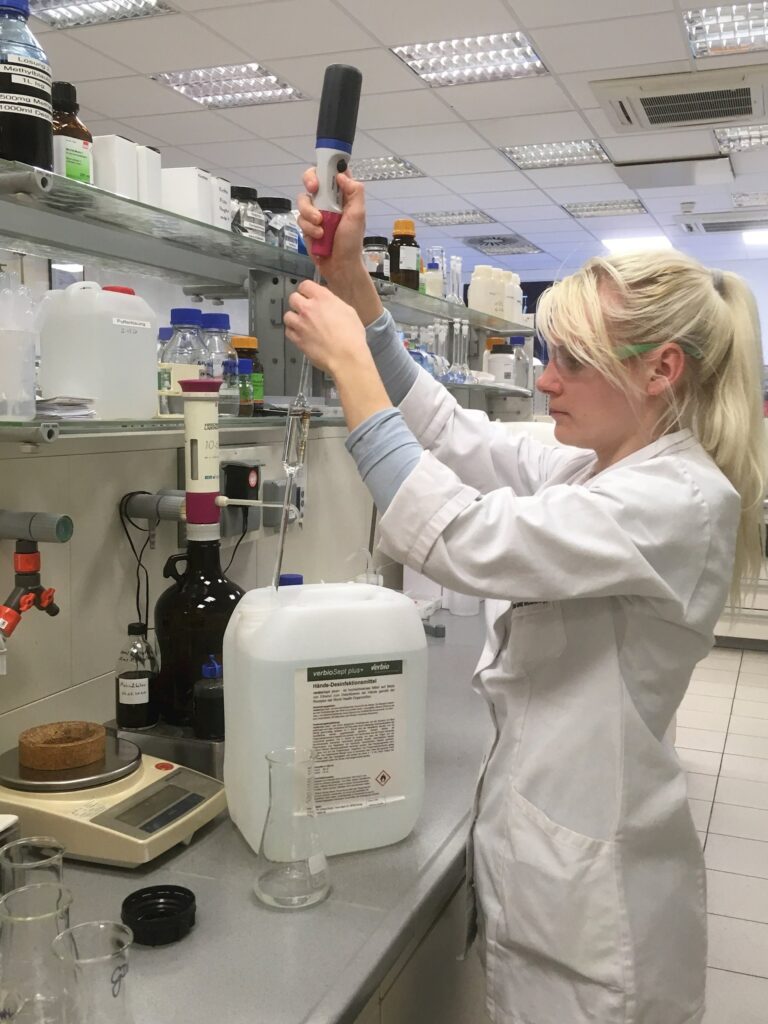Ethanol producers in the fight against coronavirus
Across the EU, renewable ethanol producers are actively involved in the effort to contain the coronavirus pandemic. Even as they continue to deliver the necessary volumes of fuel ethanol, refineries are shifting some production from biofuels to ethyl alcohol for use as a disinfectant and hand sanitizers, and producers are working with national governments and the EU to ensure increased production and maintain supply chains.
Examples from around the EU include:
- France: Both Tereos and Cristal Union have shifted some of their refineries’ production from biofuels to ethyl alcohol for hygienic uses. Tereos is donating hydroalcoholic solutions and disinfectant alcohol to Regional Health Agencies and French hospitals that are experiencing critical situations.
- Germany: CropEnergies has partially switched its production from fuel alcohol to neutral alcohol in order to meet the growing demand for ethanol. Verbio set up a special production line for disinfectant and is now making 40,000 litres per week. Production volumes are being gradually ramped up, the company said.
- Netherlands: Suiker Unie's plant in Anklam, Germany, is delivering disinfecting alcohol distilled from bio-ethanol to producers of hand gels and disinfectants that supply the Academic Medical Central in Amsterdam and other care providers. Alco Energy Rotterdam will have delivered 20 million litres of disinfectant by the end of Q2.
- Austria: Agrana is supplying major customers of the processing disinfectant industry after an exceptional authorisation by the government.
- Belgium: Alcogroup has donated 45,000 litres of hydroalcoholic gel to hospitals and adapted production at its Ghent plant to supply the pharmaceutical sector. CropEnergies’ Biowanze refinery has also begun production of the gel.
- Sweden: Lantmännen has switched production at its Lantmännen Reppe distillery to make hand sanitizer.
- Spain: Vertex Bioenergy has delivered 260,000 litres of ethanol destined to the processing and manufacturing of hydroalcoholic solutions and gels for cleaning and disinfection.
- Slovakia: Enviral has allocated part of its production to ethanol for disinfectant use, and on Friday delivered its first shipment of 45,000 litres.
- Lithuania: Kurana has donated at least 20,000 litres of disinfectant to hospitals.
In all countries, producers are appealing to officials to grant temporary derogations under the Biocidal Product Regulation and use undenatured alcohol as a disinfectant. Authorities in Germany, France and Austria have approved technical alcohol for use in disinfection.
Local production of ethanol is an important part of the EU bioeconomy, processing European agricultural feedstock – crops, wastes and residues – into low-carbon fuel and high-protein animal feed as well as applications for food and beverage and disinfectant uses.
At the same time, biofuels must still play an important role in EU transport decarbonisation. ePURE joined with other sectors in the Biofuels Value Chain in writing to the European Commission about the potential impact of the production of biofuels and animal feed. The signatories asked the Commission not to undo policies that support transport decarbonisation and EU food security.
“Locally produced, renewable ethanol is an important agricultural product and part of the European bioeconomy, and we stand in solidarity with public health officials, health care providers and local authorities working to contain the virus,” said Emmanuel Desplechin, Secretary General of ePURE.
“One lesson from this situation is that all countries must realise how important it is to be self-sufficient in the production of essential items such as food, animal feed and energy. We believe it is crucial to maintain a solid network of European ethanol biorefineries going forward.”
photo © Verbio
